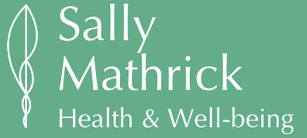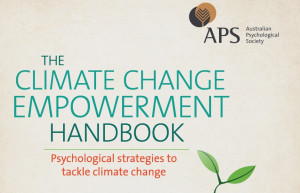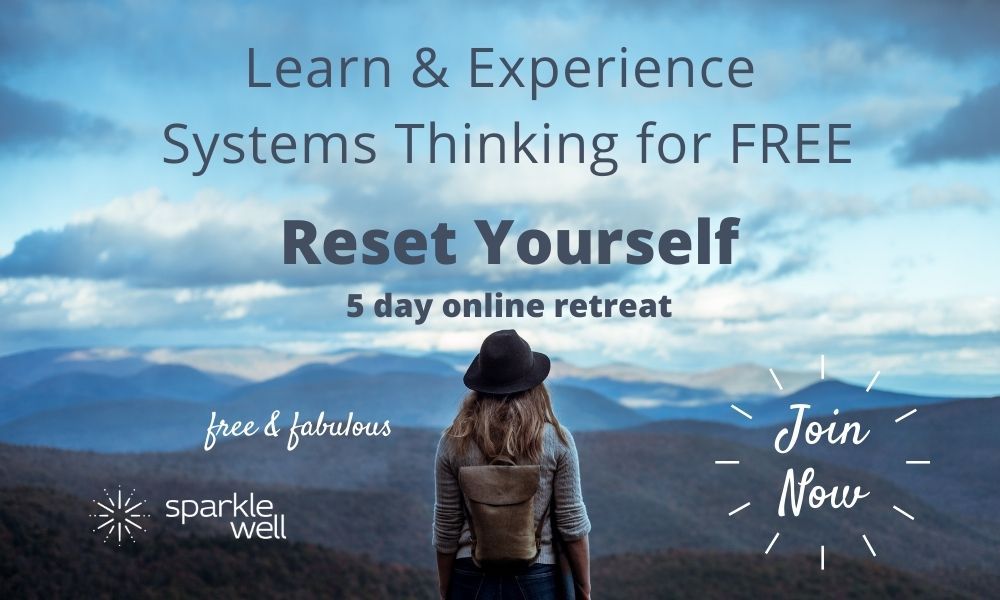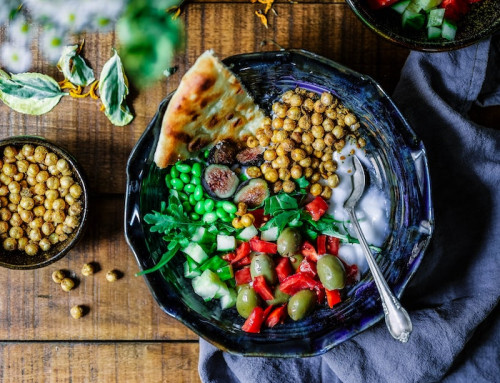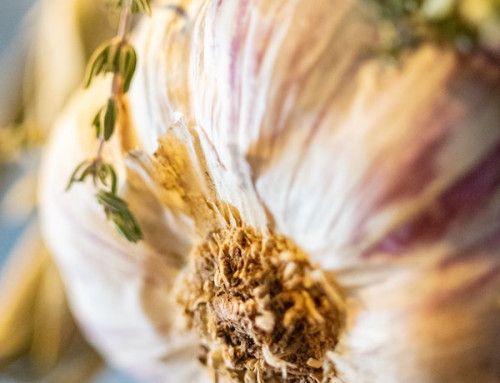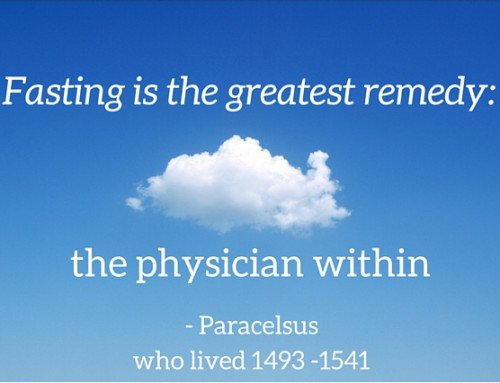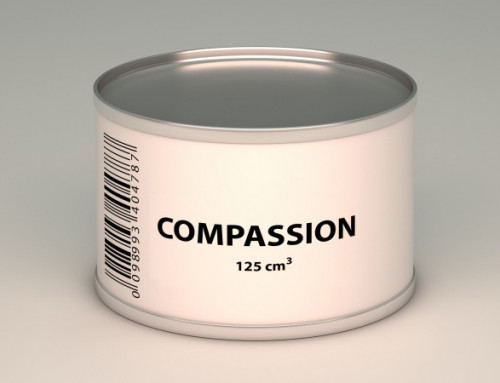Care Impacts Immune Competency
Viewing the pandemic through a wholistic lens means recognising the impact of mental and emotional stressors, and adjusting our style of communication and demonstrating understanding and compassion, to reduce the negative effects.
It’s well established that stress significantly impacts how we experience life, and that proper management of stress plays an important role in health and well-being (Agorastos & Chrousos 2021 Abstract only).
Over the past few decades, the studies of Psychology (mind and behaviour), Neurology (nervous system), Endocrinology (hormone function) and Immunology (immune function) have collaborated to create a new field of study called PNI (PsychoNeuroImmunology), PNE (PsychoNeuroEndocrinology) or PNEI (PsychoNeuroEndocrinoImmunology).
It was recognised that the same body chemicals; ie neurotransmitters, hormones, cytokines, prostaglandins, inteleukins etc;are used in or influence each system; that is these systems are interdependent.
PNEI is essentially the scientific validation for wholism.
PNEI provides scientific validation for a pandemic approach which factors in wholistic planning, management, and communication, designed to minimise detriment (including collateral damage) and to maximise health.
It’s a very humane approach.
Uncertain times
There is so much uncertainty: The fear of contracting the virus. Travel plans and snap lock downs. The isolation. The economic hardship. Business pressure. The griefs of lost opportunities and cancelled events. The rift between civil rights and civil duties. Clear, transparent or corrupt governance and states of emergency. Contact tracing and civilian surveillance.
Uncertainty creates mistrust, and negative stress.
Our pandemic response has created many stresses, on top of the challenges presented by the virus itself. This is not surprising, given this is the first time in living human memory that we’ve undergone a pandemic, so it’s a big challenge for administrations to manage.
Many decisions since March 2020, have been hastily made, possibly without considering the full ramifications of how long-term stress impacts immune capacity. There’s nothing wrong with reconsidering decisions, and adjusting them to be broadly beneficial for more people.
Some suggest that the pandemics management has created the conditions – namely social isolation, loss of sense-making, free floating anxiety, free-floating discontent – that have created a mass psychology (a form of brainwashing) akin to that which allows totalitarian rule. See Professor Mattias Desmet discussion on this phenomenon of mass formation here.
Impacts of stress
Stress triggers inflammatory states which can negatively influence the body and brain function. This can lead to emotional dysregulation and health symptoms like anxiety, fatigue and anhedonia – not feeling any joy (Ravi, Miller & Michopoulos 2021). Stress is involved in the ageing process, and aging is associated with declining immune function (Graham, Christian & Kiecolt-Glaser 2006).
Ongoing psychological stress, through anxiety and worry, chronically raises cortisol (the stress hormone) and undermines healthy immune balance. Over time this leaves the body more vulnerable to opportunistic infection, as well as feeling exhausted.
Mastering stress in these times is challenging. Finding effective and easy ways to incite the relaxation response is important for everybody.
A simple way to generate relaxation and calm with every action you take, is to intend that you are caring for your community, and protecting those most at risk of suffering from CoViD-19. This intention drives feelings of connection, care and empowerment, in stark contrast with doing such actions because of fear, which drives feelings of isolation, disempowerment and contraction.
Tools for sinking into relaxation and mastering excessive stress
Stress mastery techniques
Engage self-soothing practices that are health giving, such as music, movement, hanging out in nature, reading and great conversations. Try to limit alcohol, sugar, fast foods and refined carbohydrates (like bread) as well as limiting exposure to mainstream media.
Focus on the things you can control. Directing your attention to those aspects of life that you DO have control over is empowering. Choosing what you eat is something you can control. This daily choice creates positive impact. Sign up for the recipe guide (in footer below) for immune boosting recipe inspiration. Plus, check out the Regenerative Eating Trends blog series on how you make a huge difference.
Be kind when you can. Acknowledge others with little smile. Lend a hand. Offer a note to someone in need. Provide support where you can. We never know how much small acts of kindness can impact. Be kind to yourself, and reach out to others if you need some connection and company.
There are many effective perspectives on how to respond through stressful issues. The Australian Psychology Society have created the ACTIVATE process in their Empowerment Handbook. This presents many tools to mentally and emotionally manage the existential threats we collectively face with climate change.
The steps detailed by the APS Handbook also apply to managing stress during this pandemic.
A relaxing breathing practice
Vagal tone breath practice can support a shift from stress to calm within a minute.
This breathing pattern helps us move into rest-digest-repair mode of the nervous system (parasympathetic) away from the fight-flight-freeze mode (sympathetic). In its simplest, it means breathing out for longer. One friend said “it’s like doing a long sigh”.
Vagus nerve toning breath pattern:
- breathe in for a count of 4
- hold the breath (in a relaxed way) for a count of 7
- breathe out for a count of 8
- (count for your own respiratory capacity)
Repeat this for 1 minute to effect a shift. Practice longer to get more calm. You can have a few relaxed normal breaths between vagal-tone breaths. Practice for shorter periods and find method that works for you.
Using Mantra as a “mind protector”
Another tool to calm the mind is the use of mantra, (man = mind, tra= vehicle). This is a word or phrase repeated for a period of time. A sacred Sanskrit word like “Om” can be used. The Tibetans chant “om mane padme om” meaning “may all beings be happy”.
Find a word that you resonate with, and repeat it over and over. For example “Love”, “Calm”, “Peace” etc
If stress and anxiety is wreaking havoc in your mind, get support from Lifeline (call 13 11 14) or other professionals who are equipped to help.
The power of play and presence, to create a funner future
There is nothing as disarming, and delightful, to shift us into new ways of thinking than humour and silliness. Perhaps instead of communicating about the pandemic’s alarming elements, take turns in expressing your concerns in interpretive dance…
Make time to be silly. Tune in with friends you can be silly with. Be in the moment; it’s lighter and freer there.
The opportunity in this disaster
Most people have suffered since the pandemic started in early 2020, and it is a very challenging time. Without disregarding this suffering, can we collectively focus on what can be the opportunity in this situation?
Perhaps the pandemic provides a great opportunity to change the system?
We are all involved in this process, and can contribute in various ways. One way we play a role is through choosing our daily meals – eating a predominantly plant based, local, organic and seasonal diet. Check out the blog series for more insights here – Regenerative Eating Trends.
This way of living can help your immune system, prevent future pandemics AND support regenerative food production. This way of eating shifts from industrial, mass farming to smaller scale production processes, making it less likely to generate more novel viruses that threaten our health so significantly.
Could care and kindness be the keys to success through the pandemic?
Being genuinely cared for, reduces feelings of stress and anxiety.
Humans are kind. Yet, bullying culture is not kind, and often jeers at kindness.
As we shift from a bullying, war-like and exploitative way of living – currently clearly illustrated by Parliament House Canberra’s misogynistic culture exposure – it’s good to get back to the basics of care and kindness. When we are cared for, we feel safe.
When we feel safe, we can all be part of giving and receiving care and kindness.
Caring can heal trauma.
Why do humans act violently sometimes?
You might gain insight in this short video (9minutes) from the founder of Compassionate Communication Marshall Rosenberg.
He provides an overview of how the way we communicate reinforces violence. He suggests that instead of focusing on being right or wrong (or reward and punishment), we can focus on the deeper needs of any situation, and then identifying whether this basic need has been met. This approach can lead to making life more wonderful.
Non-violent communication (NVC) presents a process which can liberate us from arguing – both externally and internally. It presents an opportunity to work on our internalised prejudices – how we speak to ourselves – using the indoctrinated patterns inherent in our punish or reward culture. Imagine if we tended compassionately to ourselves – and our needs – and then shared that with the world…
A few ideas for public health communications during the pandemic:
– Prioritising kind and caring in communication. For example, we could refer to “physical distancing”, rather than “social distancing” to reduce feelings of isolation, given the grave health effects of feelings of isolation. Or take it a step further with something like “Social togetherness while physically distancing” so that everyone realises they are part of the approach to prevent the transmission of the virus
– Create an impartial forum for questions and fears, so that clarity can be attained on where the concerns lay and answers found. This is also a forum to enable public health decisions made rashly can be improved upon
– Encouraging open discourse, so all voices and concerns can be heard, considered and acknowledged, and not shaming someone who is asking a question. This will dilute ‘conspiracy theories’ and empower us all to live more truthfully
– Mandate transparency in decision making about public health decisions – indeed all adminstrative decisions using tax payers monies – so that authentic trust can be restored in the public system
etc.
Note and reflection on my writing this blog series:
It’s interesting that, despite being a health professional, with three university degrees, working in a university, being a fellow and full member of health associations, I have been very hesitant in publishing this blog series. It feels as though I shouldn’t express an opinion about health during this time. I’ve realised my subtle self censorship has been due to fear of being embroiled in the divisive debate and partitioned to an either-or club. However, I am not part of either-or. My key aim is to enhance the health of people and the planet by expanding the conversation, using the tools and paradigms that I am very familiar with and know are effective. I, like many of us, care and want to enhance life during these challenging times. Well wishes Sally
